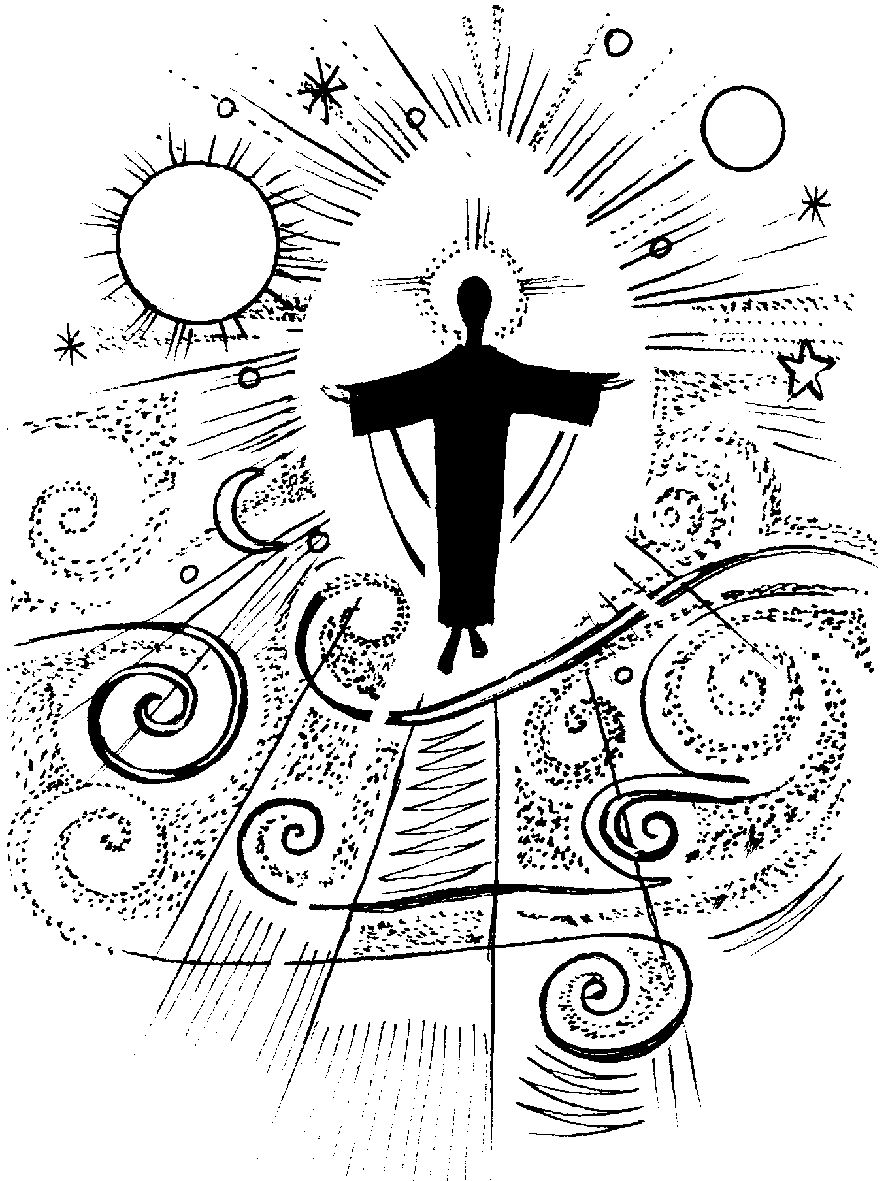33rd Sunday of the Year (b)
Sunday 19th November: 33rd Sunday of the Year. (B)
The first reading is from the Prophet Daniel. He presents a prophecy of the end of time, when the virtuous will be rewarded.
The second reading is from the Letter to the Hebrews. Jesus, our High Priest, has taken his place at God’s right hand in heaven.
The Gospel passage is from St. Mark. Jesus repeats Daniel’s prophecy adding that only the Father knows when the end will come.
Monday 20th November: Monday of the 33rd week of the year.
In these last two weeks of the Liturgical Year, we begin a series from the Book of Revelation, written when the early Church was under persecution. They were expected to treat the Emperor publicly as a god but refused and as a result found themselves under ferocious and horrifying attack. In this first extract, we are told that this is God’s revelation to his people. It is written for the Church at Ephesus, a city notorious for its pagan lifestyle. Those who remain loyal to Christ are praised.
The Gospel reminds us of the power of faith. The story of the healing of the blind man reminds that the healings which Jesus carried out were not just to be seen as physical events but were also intended to build up the faith of those affected.
Tuesday 21st November: Tuesday of the 33rd week of the year.
John continues with his letters to the main Churches, one in Sardis and one in Laodicea. Both are heavily criticised because of the approach to morality and Christian principles. One very immoral the other was very lukewarm. They are warned very explicitly about what might happen if they do not change their ways.
In the Gospel, we hear the familiar story of Zaccheus. It is rich in meaning about repentance and making a new start. In this Year of Faith, he finds Jesus and his faith in him is such he is saved.
Wednesday 22nd November: Memorial of the Presentation of the Blessed Virgin Mary.
This feast goes back to 543 when a church, built near the Temple in Jerusalem, was dedicated to Our Lady. The feast helps reminds us of Our Lady’s dedication to God from her earliest years. According to an early Christian tradition, she was taken to the Temple as a child to be offered to the service of God.
Thursday 23rd November: Memorial of St. Cecilia.
All that we know, with any certainty, about St. Cecilia is that she was a Roman lady who lived in the third century and founded a church which is named after her. A legend has been woven around her life and supposed martyrdom. According to one incident in that legend, she sang to God as she was being executed for her faith. This has resulted in her being name the patroness of all musicians. We ask her prayers today for all those who enhance the Church’s worship by music and song.
Friday 24th November: Friday of the 33rd week of the year.
Again, we have a very symbolic action put before us. The eating of the scroll and prophesying goes back to the time of Ezekiel when we learned how the Jews when learning the alphabet used a mixture of flower and honey to make the letters. Once the child mastered the sound, they were allowed to lick the letter off the slate. Now the people are to prophesy and witness to their faith before all nations.
We are very clearly warned that we should have respect for the Temple of the Lord. It is to be first and foremost a place of prayer.
Saturday 25th November: Memorial of St. Andrew Dung-Lac and his companions.
117 martyrs in this group were martyred when Christians in Vietnam were persecuted from 1625 to 1886. Although they all died at different times, they were canonised at the same time by Pope John Paul II in June 1988. Of the group, 96 were Vietnamese. Andrew Dung-Lac is a diocesan priest and he is one of the group who was specifically mentioned. He was beheaded in 1839.
